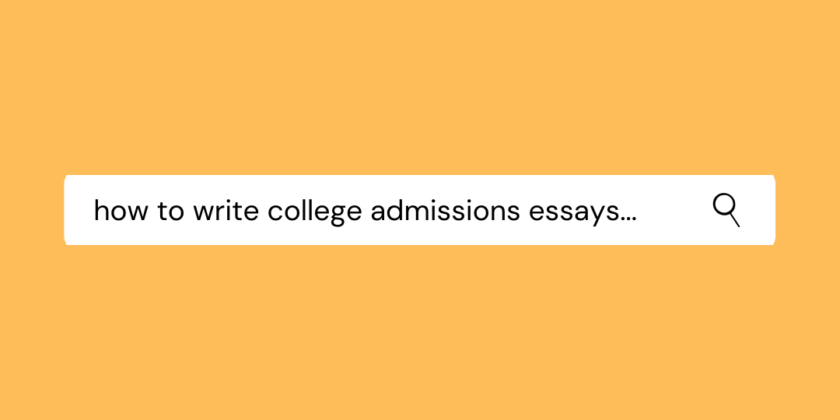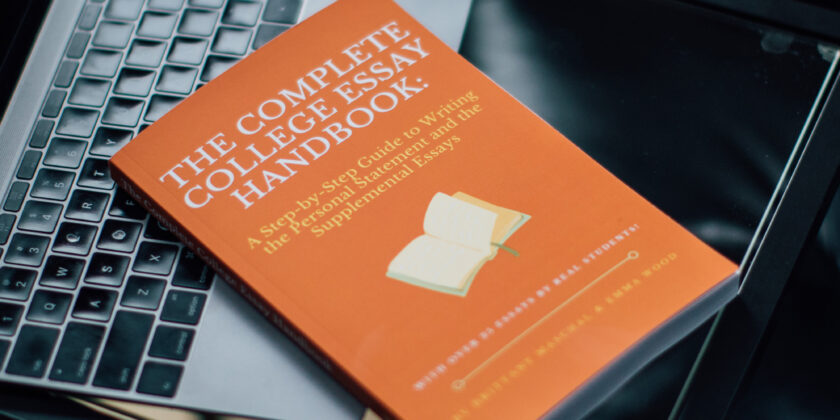Ten Tips for Writing College Specific Essays / Supplemental Essays
Time to write those supplemental essays…
- Don’t forget your reader. There’s a lot you don’t know about the admissions officers who will read your file—where they come from, what they have experienced, and what they personally value and believe. Keep this in mind as you write. Are you expressing some potentially divisive opinions? Be careful to do so in a thoughtful, nuanced way that appreciates the “other side.” Are you talking about a community that you are not a member of? Make sure that you are using culturally competent and correct language. Are you writing about an experience in a foreign country? Be wary of falling back to cultural stereotypes. The last thing you want to do is show a lack of sensitivity or understanding and offend your reader as a result.
- Do show social and cultural awareness, and especially empathy and understanding, for people who are different from you. Every college wants to admit kind, open-minded students who are going to embrace diversity and be a positive force in their community.
- Don’t forget to tell a story. Many students write the personal statement then think they’re done with being personal. This is not the case! One of the biggest problems with many supps is simply that they’re boring. The best way to bypass this issue is to craft a personal narrative around whatever you’re writing about, whether it’s leadership, creativity, or your potential major.
- Do show an understanding of a school’s mission and values. Linking your experiences or goals to a given school’s values (usually stated explicitly in their mission statement) is an excellent way to add an extra layer of specificity to an essay. It is also important to be sensitive to a school’s values for other reasons: if, for instance, you are applying to Brigham Young University, you wouldn’t want to submit an essay denigrating Christianity or any values specific to the Church of Jesus Christ of Latter-day Saints.
- Don’t just copy-paste information from the school’s website. You need school-specific information in many supplements, especially the why school or academic interest supplement. If you only copy some information you found in the school’s website without explaining how and why that information will apply to your college experience, your essay will seem shallow. Be specific in connecting what you learn about the school with your goals and past experiences.
- Don’t try to be too funny. You want to preserve as much of your personality as possible but humor is one of the hardest things to recreate on the page. A written joke—without your gestures, facial expressions, and tone of voice to guide the listener—can come across as corny at best and cynical, or even mean, at worst. Be extra mindful of this if you are trying to incorporate humor into your essays, and trust an adult’s judgement if you’re unsure.
- But don’t take yourself too seriously! A lighthearted approach to any topic will make your essay more readable and more engaging and—bonus!—make you seem more fun and approachable in the process. Colleges don’t necessarily care about admitting fun or approachable students but they do want students who will contribute to the community—and these attributes usually indicate that you will.
- Do look for ways to show self-awareness. You can get away with almost anything—a bad pun, a selfish thought—if you call yourself out for it in your essay. Doing so also displays a high level of self-knowledge and maturity that colleges value.
- Don’t brag (or humble brag), rehash your resume, or focus too much on academic awards or honors. A compelling story, not a big award, is what will make your application unique and memorable.
- Do try to be yourself, while keeping the suggestions above in mind. It’s no fun reading essays that scream you are “trying too hard” to be something you think colleges want.
*Stay in the know! Subscribe*



